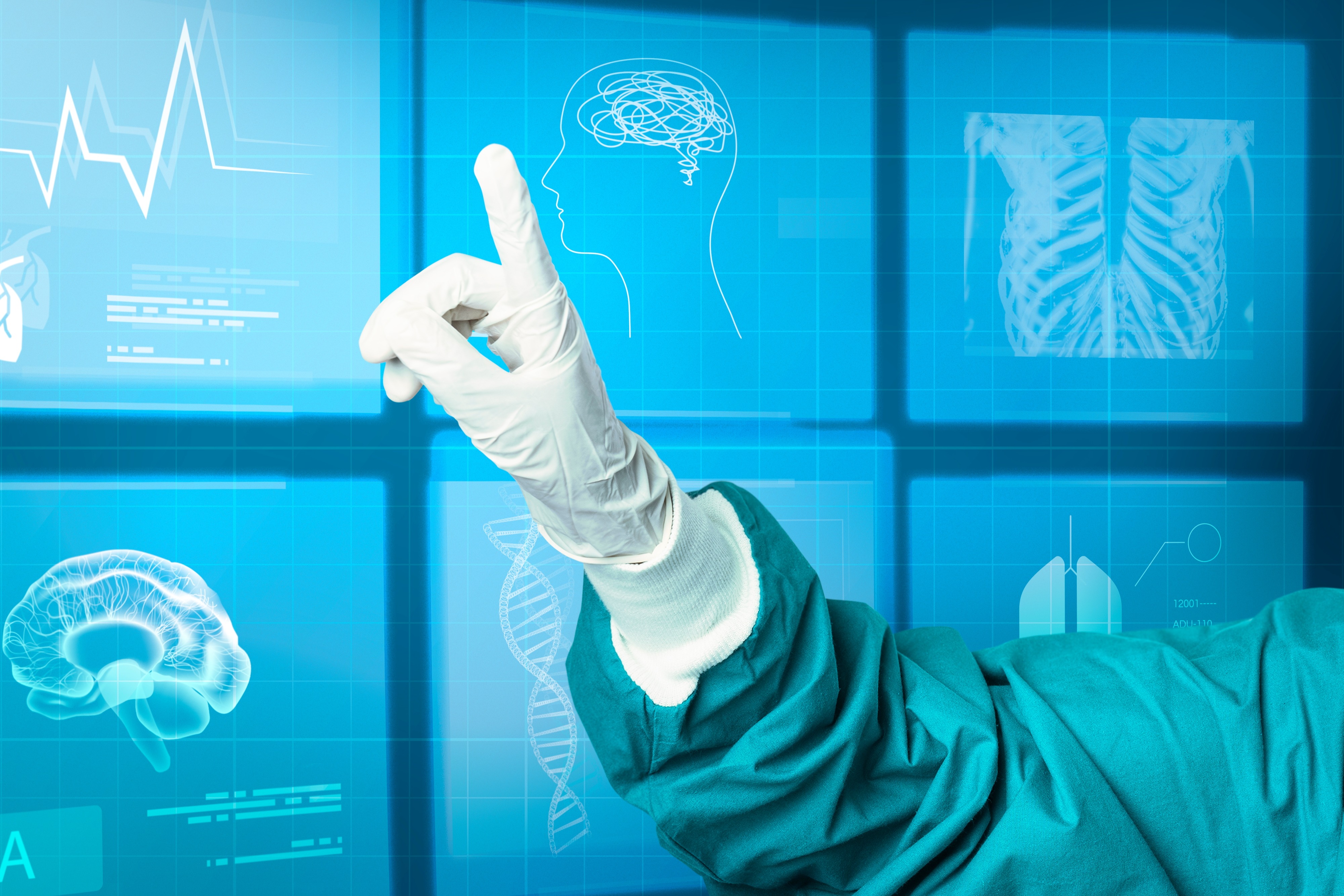There are no items in your cart
Add More
Add More
| Item Details | Price | ||
|---|---|---|---|
July 14, 2025
Modern medicine is undergoing a quiet revolution. At its heart is not a new drug or a miracle cure, but Artificial Intelligence (AI)—smart systems that analyze data faster than any human, learning from it and predicting deadly diseases before they strike. No longer science fiction, AI is actively reshaping how we combat the world's deadliest diseases: cancer, stroke, and heart attacks.

The Rise of AI in Modern Healthcare
In medicine, artificial intelligence (AI) refers to devices and software that simulate human intelligence. These tools analyze vast amounts of patient data—from lab results to imaging scans—and identify patterns that even trained eyes may miss. Consider it a superpowered assistant that is always learning and never sleeps..
Traditionally, medicine has focused on treating illness after symptoms appear. AI flips the script by helping doctors predict risks, monitor patients in real time, and intervene before diseases cause harm.
AI is transforming cancer screening, particularly in the fields of pathology and radiology. For example, AI algorithms can analyze mammograms faster and often more accurately than human radiologists. Systems like Google's DeepMind have detected early-stage breast cancer with fewer false positives.
AI helps interpret complex genetic data to spot biomarkers signaling cancer long before symptoms appear.
AI predicts how cancer may behave and which treatments are most likely to succeed—customizing therapy to the patient's biology.
From immunotherapy to gene editing, AI personalizes medicine like never before, boosting success rates and minimizing side effects.
Cardiologists use AI to analyze heart scans faster and more accurately.
AI detects arrhythmias or unusual heartbeats early—sometimes months before an attack.
Machine learning analyzes heart structure and blood flow from imaging in real time, predicting blockages or weaknesses.
Smartwatches and fitness bands alert users to irregular heartbeats, sudden drops in oxygen, or other danger signs—triggering emergency help even if the user is unaware.
AI analyzes lifestyle data, family history, and biometrics to create personalized heart risk profiles.
Speed is critical with strokes. AI tools like Viz.ai scan CT images and alert doctors instantly whether it's a clot or bleed—enabling treatment within minutes.
AI alerts hospital teams before patient arrival, saving crucial time and improving survival rates.
AI assists doctors in choosing the right drugs or procedures during emergencies, reducing errors.
AI learns by analyzing patterns in data. The more it sees, the smarter it becomes—like a child that never forgets and always improves.
Massive datasets from hospitals, research labs, and wearables train AI to detect subtle disease signals.
Combining genomics, lifestyle data, and real-time monitoring helps AI predict not just disease but the best ways to avoid it.
You don't need to visit a hospital to access AI. Devices like Fitbit, Apple Watch, and apps like Ada or Qure help monitor your health at home.
These can spot atrial fibrillation—a major stroke risk factor—before symptoms appear.
AI-powered symptom checkers guide you to care before problems escalate, sometimes even scheduling doctor appointments for you.
Mount Sinai in New York reduced ICU deaths by over 30% using AI prediction models. Similar successes are emerging globally.
From teenagers alerted to silent heart conditions to seniors whose strokes were caught early, AI is already saving lives.
Patients must be informed when AI is involved in their care and consent to its use. Understanding how their data is used and how AI influences decisions is essential for respecting patient autonomy.
It is imperative that sensitive health data be protected by encryption, safe storage, and unambiguous ownership policies. Only necessary data should be collected, and patients should know who accesses their information.
AI models trained on limited or non-representative data risk misdiagnosis and worsening health disparities. Ensuring diverse datasets and continuous bias monitoring is key to equitable care.
While AI assists clinicians, it cannot replace human judgment, empathy, or ethical decision-making. Clinicians retain ultimate responsibility, and clear accountability frameworks must address AI-related errors.
AI decision-making should be transparent and explainable to both doctors and patients, fostering trust and enabling informed choices.
To prevent growing healthcare disparities, efforts must be made to guarantee AI tools are available to all populations.
AI is not just helping us fight deadly diseases—it's helping us outsmart them. From cancer to heart disease to strokes, we're entering an era where prediction often beats prescription. The blend of smart machines and human compassion is creating a future where fewer lives are lost to preventable diseases. The battle isn't over, but for once, we're fighting from the front foot.
1. Can AI detect cancer earlier than doctors?
Yes! AI tools have shown higher accuracy in spotting early-stage cancers, especially in imaging, often outperforming human radiologists.
2. Is AI already used in hospitals for stroke care?
Absolutely. Many hospitals use AI systems to speed up stroke diagnosis and treatment decisions, sometimes cutting response time by half.
3. How do wearables help in heart disease prevention?
They monitor vital signs 24/7 and can alert users and emergency services if dangerous patterns like irregular heartbeat are detected.
4. Will AI replace human doctors in the future?
No. AI will assist and enhance doctors' abilities, but human empathy, ethics, and holistic understanding remain irreplaceable.
5. Is my health data safe with AI apps?
It depends. Reputable apps use encryption and comply with privacy laws, but always review privacy policies before sharing data.